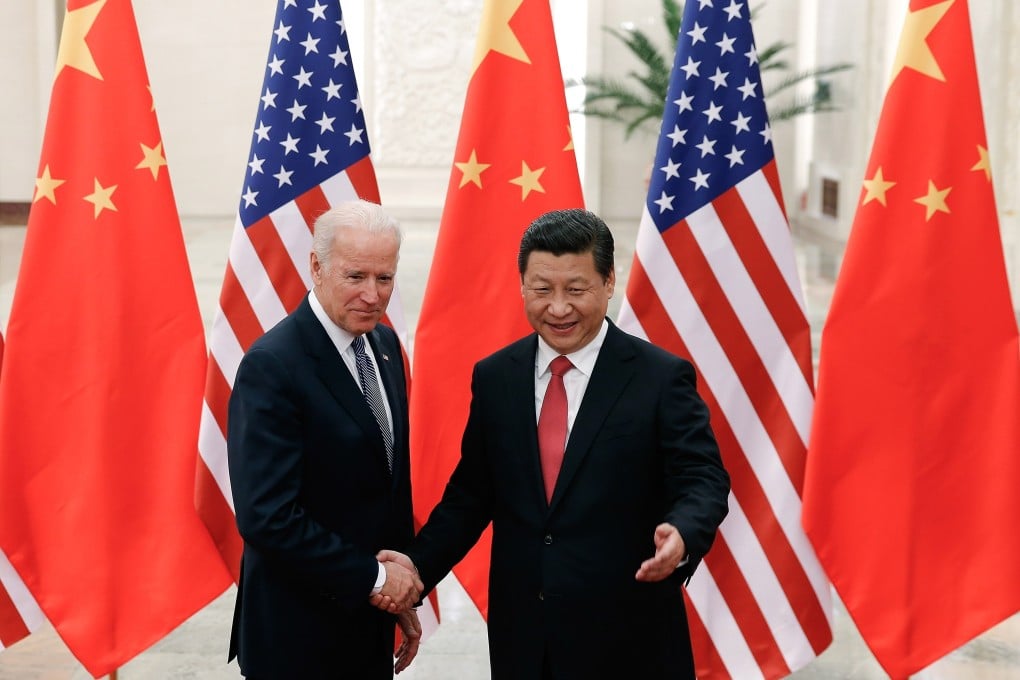China-US relations: Beijing says ‘new window of hope’ is opening as it offers Biden administration an olive branch
- Foreign Minister Wang Yi urges incoming president to try to get relations back on track
- Wang says efforts to ‘start new cold war’ have hurt both countries after ties worsened under Donald Trump

China’s Foreign Minister Wang Yi has offered an olive branch to the incoming Biden administration, saying a “new window of hope” is opening.
In a wide-ranging interview with state news agency Xinhua published on Saturday, he urged the Biden administration to adopt a sensible approach and restart engagement with China to get bilateral ties back on track despite “unprecedented difficulties”.
“China-US relations have come to a new crossroads, and a new window of hope is opening,” Wang said. “We hope that the next US administration will return to a sensible approach, resume dialogue with China, restore normalcy to the bilateral relations and restart cooperation.”
Wang and other Chinese officials have appealed for a fresh start on several occasions after President Xi Jinping congratulated Joe Biden on his victory in late November.
Relations between the two countries have deteriorated sharply amid growing economic and technological decoupling; clashes over Taiwan, the South China Sea, Hong Kong and Xinjiang; and rows over issues such as the origins of the coronavirus and US sanctions on Huawei.